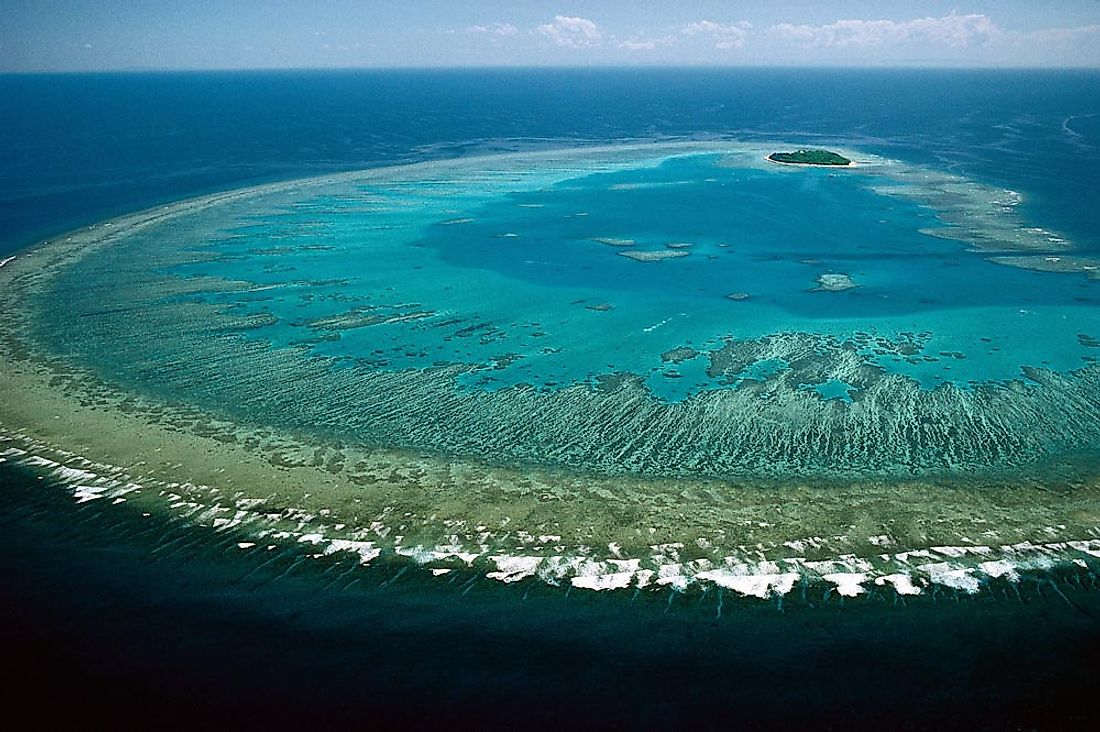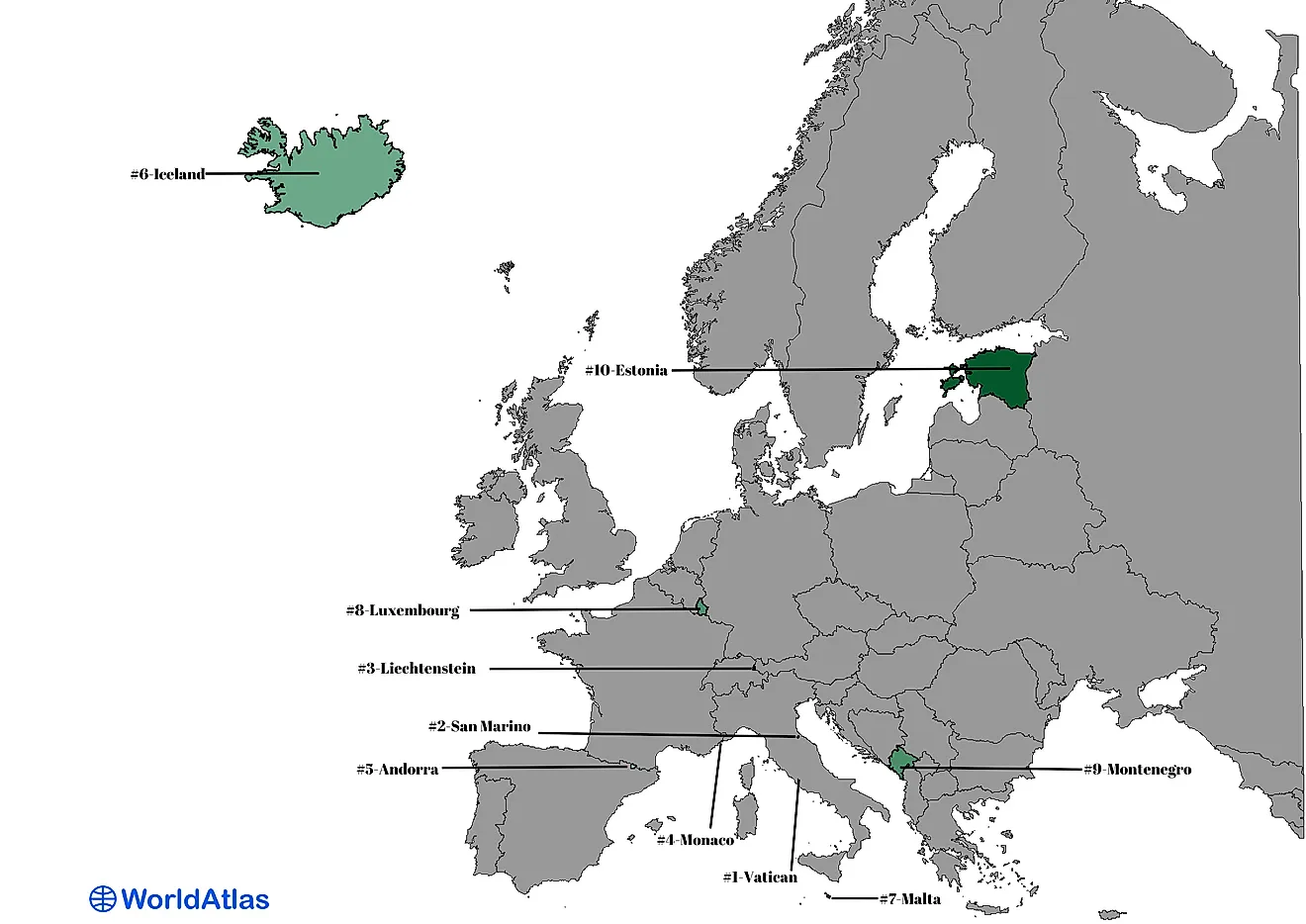Top 12 Countries For Coastline And Marine Conservation

Issues such as global warming and pollution affect countries around the world. As global temperatures get warmer and seas continue to rise conservation and protection of the oceans and marine areas have become a pressing concern. Regardless of the continent, countries worldwide are making efforts to protect their shorelines and at-risk coastal areas.
The Leaders In Marine And Coastal Conservation
The UNEP as well as the World Conservation Monitoring Center, claims that the European countries are leading the way in marine conservation. A perfect example of this is the small city-state of Monaco, located in southern France. This diminutive microstate has successfully achieved protection of the entirety of its limited marine area. Due to its position on the French Riviera, Monaco shares three land borders with France as well as a two and a half mile coastal region which borders the Mediterranean Sea. In keeping with Monaco’s environmental policy Prince Albert II has set up a foundation aimed at taking action on issues such as biodiversity, water, and climate change. One of the foundation’s projects involves ongoing efforts to develop protected marine areas. Another leader in the field of marine conservation is the tiny nation state of Slovenia. This mountainous central European republic borders the countries of Italy, Austria, Hungary, and Croatia, as well as having a small portion of coastline on the Adriatic Sea. With an abundance of natural lakes and rivers the country has placed a high priority on protecting its natural environment. Evidence that these efforts have paid off can be found in a 2008 report by the Republic of Slovenia's Environmental Agency, which determined that the republic’s water quality is among the best in Europe. Other European countries who have taken measures to protect their marine areas and coastlines include Germany, France, the Netherlands, Norway, Poland, and Belgium. In regards to Germany, which borders the North and Baltic Seas, the lesser known Wadden Sea has been designated a UNESCO site, national park, and a protected ecosystem. Coastal areas along the Baltic and North Seas are prone to erosion and damage caused by flooding. Germany began its efforts to combat these environmental problems many years ago with measures such as the construction of breakwaters. Located in the southern hemisphere Australia boasts of a coastline measuring 21,262 miles. Environmental protection is an important issue in the country with emphasis placed on conserving its ocean and coastal areas. One of the top priorities in terms of Australia’s marine conservation programs involves the Great Barrier Reef. This reef system holds the distinction of being the longest on Earth. Not only is it a World Heritage Site but a Queensland state icon and marine park. Over the years the reef has suffered damage due to a variety of environmental factors including climate change, coral bleaching, run-off from farms, and other forms of pollution. In 1999 the Australian government enacted The Environment Protection and Biodiversity Conservation Act to address concerns regarding issues relating to the deterioration of the natural environment.
Public Awareness Is The Key To Success
People from countries around the world are becoming more and more aware of the environmental issues negatively affecting their local ocean and coastal areas. Because of this, there has been an increase in calls for better conservation and environmental protection programs. Organizations such as the Marine Conservation Institute have been created to promote programs aimed at protecting vital marine ecosystems around the world.
Top 12 Countries For Coastline And Marine Conservation
| Rank | Country | % of Marine Areas Protected |
|---|---|---|
| 1 | Monaco | 100% |
| 2 | Slovenia | 98.5% |
| 3 | Ecuador | 75.7% |
| 4 | Germany | 64.8% |
| 5 | France | 62.9% |
| 6 | Norway | 60.7% |
| 7 | Netherlands | 57.7% |
| 8 | New Caledonia | 56.6% |
| 9 | Belgium | 56.1% |
| 10 | Poland | 52.7% |
| 11 | Australia | 48.5% |
| 12 | Guinea-Bissau | 45.9% |











